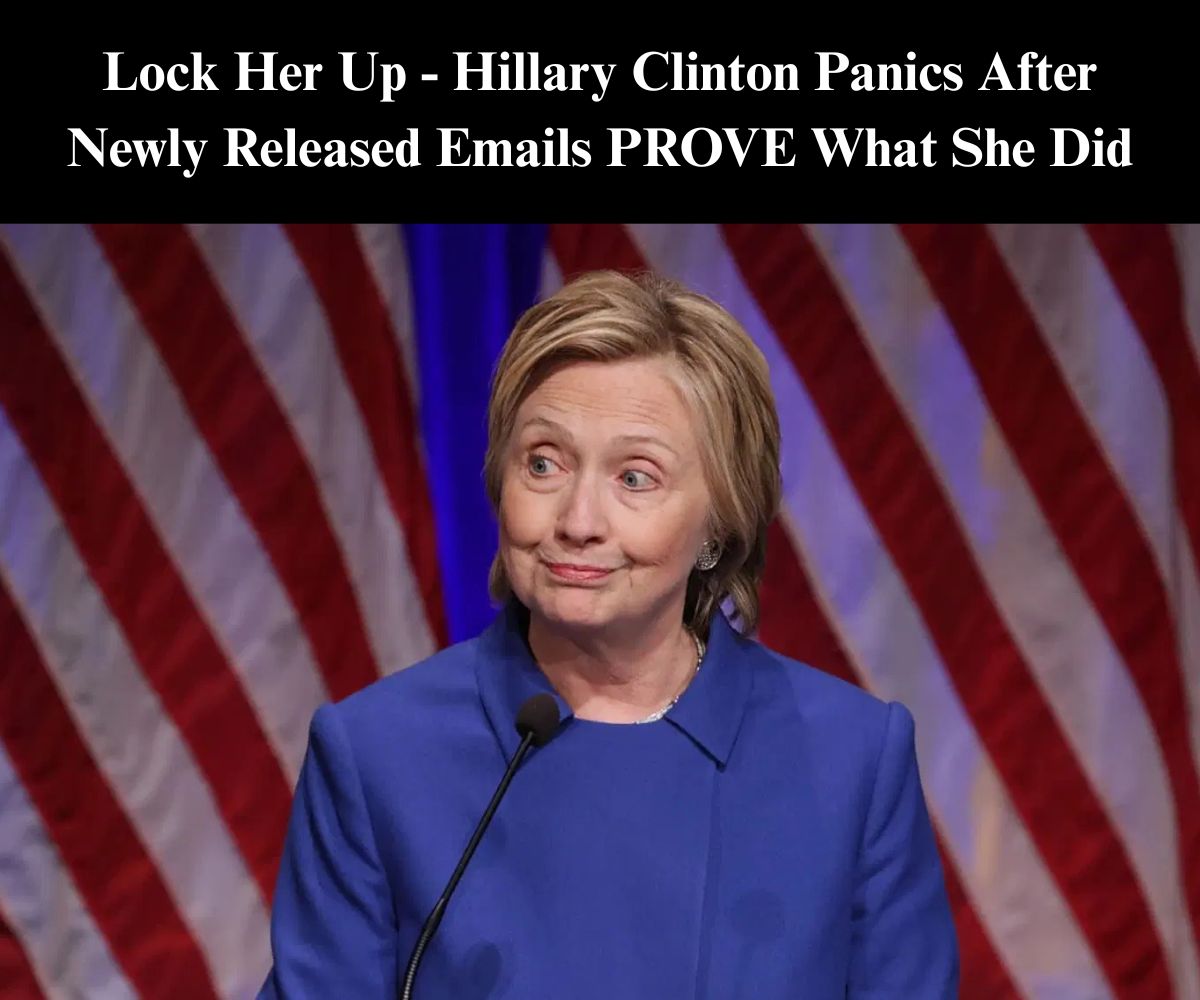A newly declassified appendix to the Durham report allegedly reveals that Hillary Clinton approved the plan to promote the Trump-Russia collusion narrative—then later misled the FBI about her involvement.
Senate Judiciary Chairman Chuck Grassley released the declassified annex on Thursday, which is part of Special Counsel John Durham’s 2023 report. The report supported claims by President Donald Trump and his allies that the FBI acted improperly when it launched its investigation into Trump’s 2016 campaign over alleged ties to Russia, The Federalist reported.
The newly declassified annex contains two Russian intelligence memos that reportedly detail former President Obama’s alleged involvement in what has become known as the Trump-Russia collusion hoax, along with private communications between members of Hillary Clinton’s campaign.
In June 2016, the Democratic National Committee confirmed its servers had been breached, allegedly by Russian military intelligence. Among the data reportedly accessed by hackers were internal emails, the outlet continued.
In a version of a July 25, 2016, email, Leonard Benardo of George Soros’ Open Society Foundations allegedly remarked that the hacking narrative was significant and that “politicization is on the table.” He also reportedly suggested that Julianne Smith, then Clinton’s foreign policy adviser, was developing a strategy to “demonize Putin and Trump.”
“Now it is good for a post-convention bounce,” Benardo wrote, adding, “Later the FBI will put more oil into the fire.” Two days later, Benardo reportedly said in a follow-up email that Clinton approved an “idea about Trump and Russian hackers hampering U.S. elections.”
“That should distract people from her own missing email, especially if the affair goes to the Olympic level,” the email read.
The Federalist adds:
The declassified annex states that “Certain [redacted] analysts and officers … who were well-versed in the Sensitive Intelligence collection, stated that their best assessment was that the Benardo emails were likely authentic,” though others raised the possibility that the emails may have been “fabricated or altered.” Benardo himself told officials that, to the best of his recollection, he did not draft the emails. According to the annex, he did admit “that the last sentence in the email — noting that ‘things are ghastly for US-Russian relations’ — sounded like something he would have said.”
The declassified annex later states that the “best assessment” is that the purported Benardo emails “were ultimately a composite of several emails that were obtained through Russian intelligence hacking” of several U.S. think tanks.
Although the documents allegedly indicate that Hillary Clinton personally “approved” the initiation of the Russia collusion narrative, both Clinton and members of her campaign told the FBI they had no knowledge of any plan to connect Donald Trump to Russia.
Clinton told investigators that the declassified Sensitive Intelligence Material from July 2016 appeared to be “Russian disinformation.” Clinton Campaign Chair John Podesta claimed the information was entirely new to him and called it “ridiculous,” further asserting that the campaign had no involvement in any such “plan.”
Senior Policy Advisor Jake Sullivan—who would later become President Joe Biden’s National Security Advisor—also claimed he had not seen the memorandum and dismissed it as “ridiculous.”
But Sullivan did confess that the campaign focused on Trump and Russia, but he purportedly “could not recall anyone articulating a strategy or ‘plan’ to distract negative attention away from Clinton by tying Trump to Russia,” according to the annex.
Despite claims from Clinton and other campaign members, the newly declassified annex says a review of communications pertaining to Smith could led some credence to the “notion that the Clinton campaign was engaged in an effort or plan in late July 2016 to encourage scrutiny of Trump’s purported ties to Russia, and that the campaign might have wanted or expected the FBI or other agencies to aid that effort (‘put more oil into the fire’) by commencing a formal investigation of the DNC Hack.”
Furthermore, the CIA “sent the FBI an ‘investigative referral’ memorandum that referred to, among other information, the purported Clinton campaign plan,” the declassified annex says.
